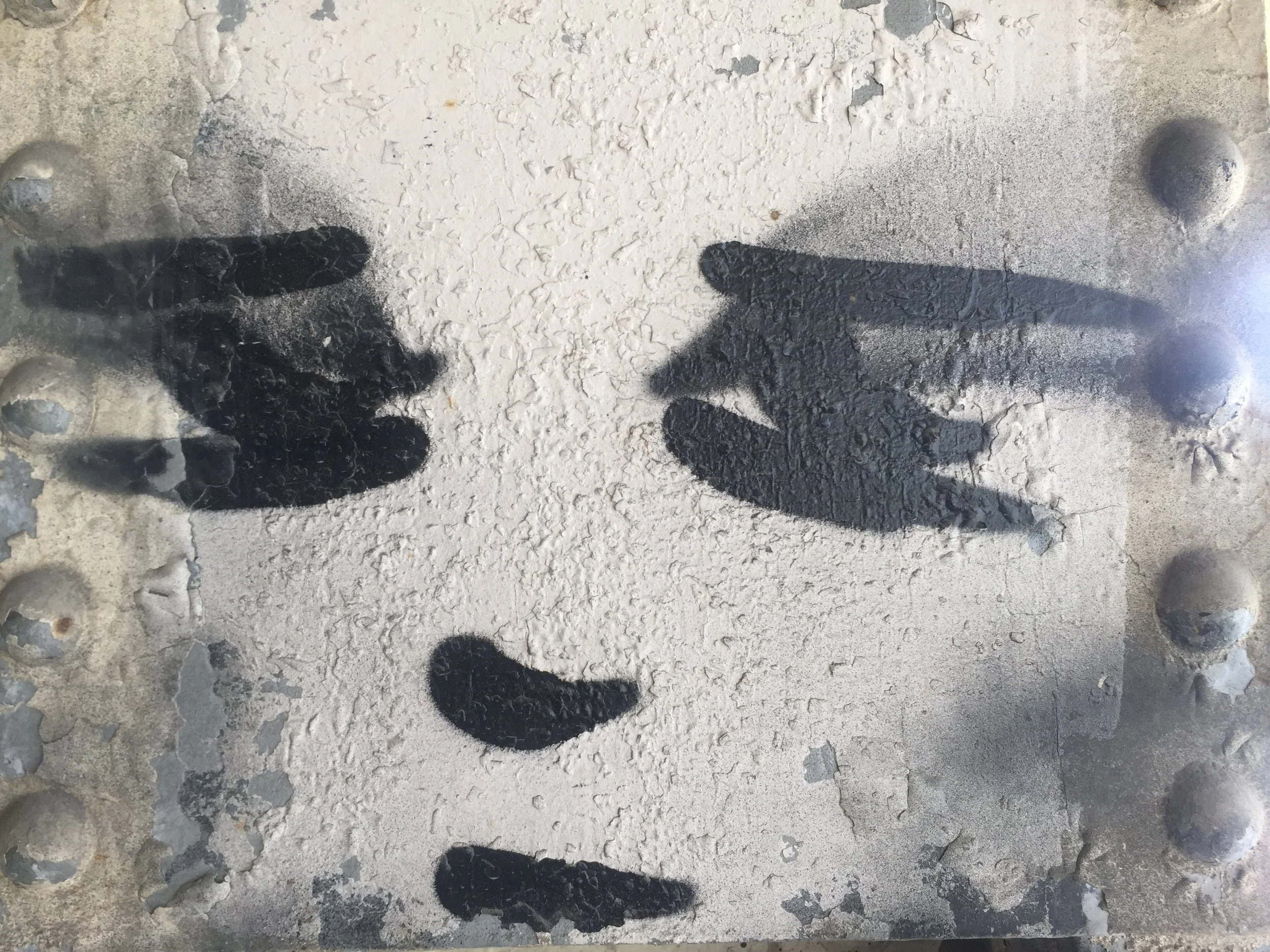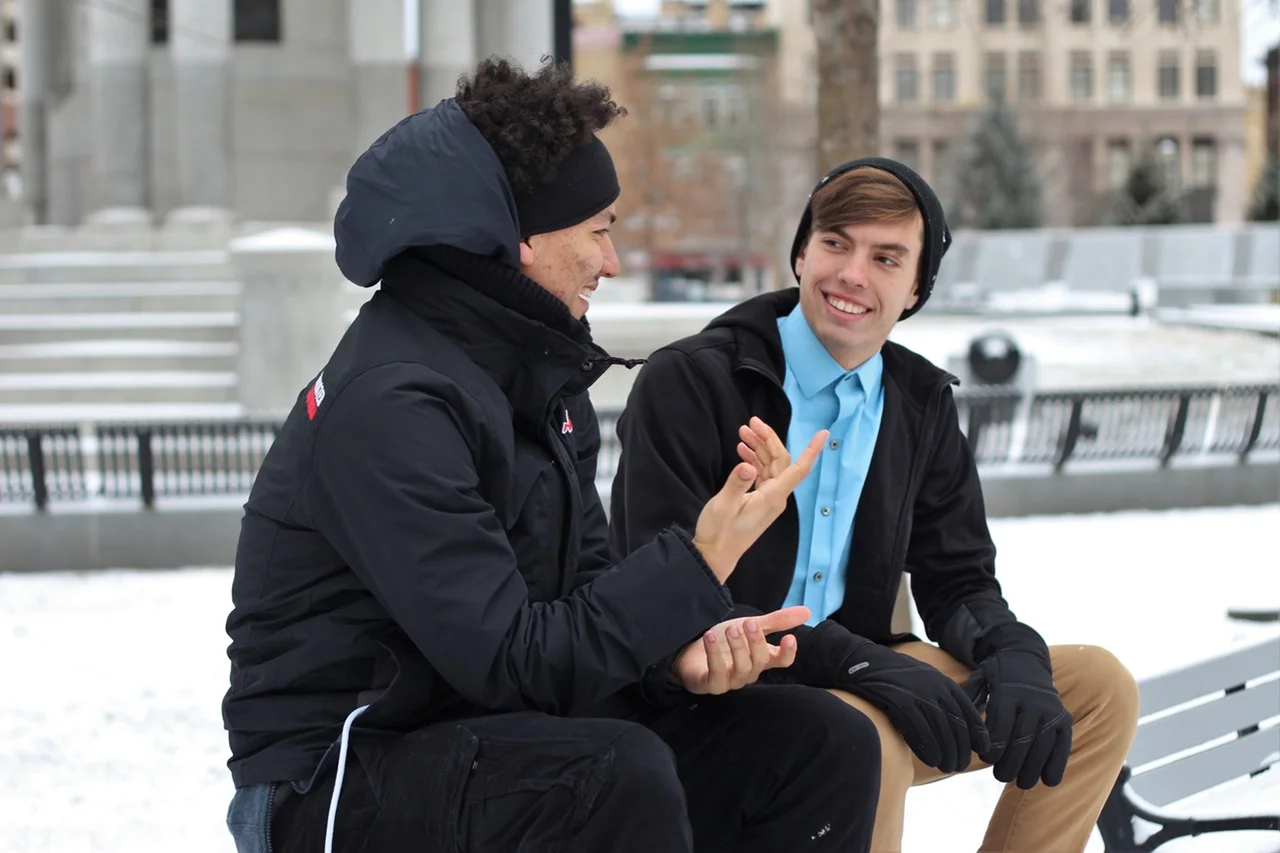Becoming an anti-racist psychoanalytic community
/I’ve been writing and speaking about anti-racism and whiteness for some time now, and it seems like more folks are listening and fired up about doing the work. I’m grateful for that.
I have been asked to write something for my Institute’s newsletter, and this is my first draft. I am placing it here because writing in public helps me think. I may have to remove it if it is published by my Institute, but for now, here is my first draft. It is essentially a statement and a call to action to psychoanalytic practitioners and communities to invest in anti-racist work, particularly non-BIPOC members of these communities.
(this is an updated version, edited on 6/8/2020, with footnotes added)
Read More





